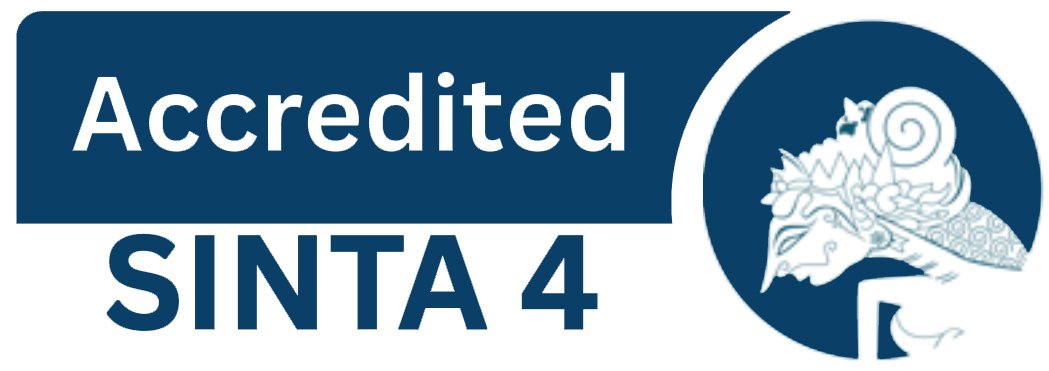EFL STUDENTS’ RESPONSE TO INDIRECT CORRECTIVE FEEDBACK IN WRITING FOR GENERAL COMMUNICATION COURSE
DOI:
https://doi.org/10.22460/p2m.v7i1p29-36.1527Keywords:
written corrective feedback, writing, students’ responseAbstract
Written corrective feedback aims at developing students writing proficiency where they are aware of what is expected as writers and are capable to create text with minimal errors and maximum clarity. This study aims at finding the students’ response towards teacher’s coded and uncoded written corrective feedback on their writing. A total of 79 freshmen majoring English Education Study Program of IKIP Siliwangi participated in filling questionnaire and twelve of them were interviewed using a semi-structured format. Qualitative method was applied in conducting this study. The data were labeled, coded and categorized in four dimensions: value, positivity, participation, and evaluation. The findings showed that in term of value students who got coded feedback showed positive opinion; while students who got uncoded feedback felt confusion. Further, in terms of positivity, participation and evaluation both classes showed positive response. Both classes agree they favor the teacher to provide the feedback by giving a mark, suggesting error correction, and providing written comments on the content. To conclude, students approve written corrective feedback on condition that teacher provides suggestions to improve their writing. Thus, it is suggested for the teacher to consider the feedback types in correcting the students’ written error.
References
Agbayahoun, J. P. (2016). Teacher Written Feedback on Student Writing : Teachers ’ and Learners ’ Perspectives. Theory and Practice in Language Studies, 6(10), 1895–1904.
Ahmadi-Azad, S. (2014). The Effect of Coded and Uncoded Written Corrective Feedback Types on Iranian EFL Learners’ Writing Accuracy. Theory and Practice in Language Studies, 4(5), 1001–1008. https://doi.org/10.4304/tpls.4.5.1001-1008
Bitchener, J. (2008). Evidence in Support of Written Corrective Feedback, 17, 102–118. https://doi.org/10.1016/j.jslw.2007.11.004
Coffin, C., Curry, M. J., Goodman, S., Hewings, A., Lilis, M. J., & Swann, J. (2003). Teaching Academic Writing: A Toolkit for Higher Education. London: Rouledge.
Creswell, J. W. (2012). Educational Research: Planning, Conducting and Evaluating Quantitative and Qualitative Research (4th ed.). Boston: Pearson.
DeMonbrun, M., Finelli, C. J., Prince, M., Borrego, M., Shekhar, P., Henderson, C., & Waters, C. (2017). Creating an Instrument to Measure Student Response to Instructional Practices. Journal of Engineering Education, 106(2), 273–298. https://doi.org/10.1002/jee.20162
Ellis, R. (2009). A Typology of Written Corrective Feedback Types. ELT Journal, 63(2), 97–107. https://doi.org/10.1093/elt/ccn023
Goksoy, A. S., & Nazli, O. P. (2016). The Effect of Direct and Indirect Written Corrective Feedback on Students ’ Writing * (pp. 16–25). Turkey.
Mahmoud, A. (2000). Coded Corrective Feedback In Search of a Compromise Abdulmoneim Mahmoud. TESL Reporter 33, 2(2000), 10–17.
Mart, Ç. T. (2013). Teaching Grammar in Context : Why and How ? Theory and Practice in Language Studies, 3(1), 124–129. https://doi.org/10.4304/tpls.3.1.124-129
Rizqiya, Rissa San; Pamungkas, Mundriyah Yudhi ; Inayah, R. (2017). The Use of P.O.W.E.R. Learning as A Learning Strategy to Improve Students Writing Competency, 11(2), 253–262.
Sia & Cheung. (2017). Written Corrective Feedback in Writing Instruction : A Qualitative Synthesis of Recent, (September). https://doi.org/10.33736/ils.478.2017
Štajner, R. (2013). Analysis of teacher Feedback on EFL Learner ’ S Written Production. Osijek.
Weimer, M. (2002). Learner Centered Teaching: Five Key Changes to Practice. New York: John Willey & Sons, Inc.
Wicaksono, W. P. (2018). Types and Frequencies of Written Corrective Feedbacks in Adult ESL Classroom. Indonesian Journal of English Language Studies, 3(2), 17–24.
Zacharias, N. T. (2014). Teacher and Student Attitudes toward Teacher Feedback, (December). https://doi.org/10.1177/0033688206076157


















